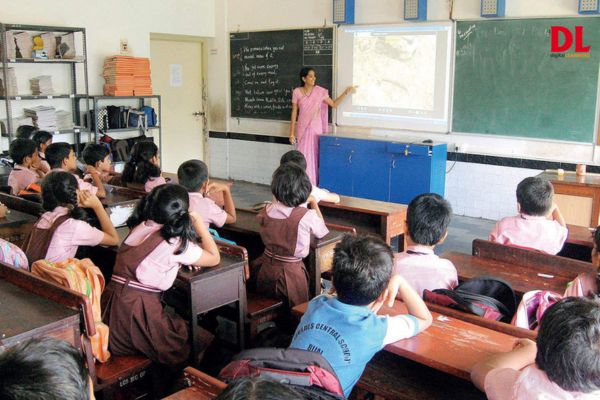
A new study by Aapti Institute and Mozilla, funded by USAID, reveals opportunities and hurdles for data-driven decision-making in India’s vast education system.
Good News: Data Can Drive Improvement
- The report highlights the potential for data collection and analysis to benefit the education system significantly.
- Standardised data collection and analysis could inform better policies and interventions.
Challenges to Address: Data Collection and Privacy
- The current system needs to be more cohesive, with different groups collecting data at various times, burdening schools.
- Data collection methods must be updated, relying heavily on manual entry and paper records, raising privacy and security concerns.
- The digital divide creates data gaps, potentially skewing policy decisions.
Recommendations for Improvement
- The report suggests creating a central agency for standardised data collection with strong privacy protocols.
- Financial incentives for data entry, specialists in each region, and IT training are recommended.
- A standardised scoring system for schools would encourage data-driven improvement.
Importance of Responsible Data Use
- USAID emphasises the importance of “clean, participatory data” for positive development.
- Mozilla highlights the need to balance data’s potential with responsible handling to avoid harm.
Also read: PM Modi’s emphasis on industry-oriented education system
The Study: Scope and Impact
- The report “Strengthening Data Ecosystems in Indian Schools” is based on nine months of research across ten states.
- Responsible data use could significantly benefit India’s education system, which has over 1.49 million schools and 265 million students.
This summary condenses the key points of the news post while maintaining a clear and concise structure.
"Exciting news! Elets technomedia is now on WhatsApp Channels Subscribe today by clicking the link and stay updated with the latest insights!" Click here!



















